Summary
- Magic: The Gathering has multiple card types, with Kindred as an extra type available for some cards.
- The meta dictates card strength; Partner cards and Companions are deemed too powerful or broken and may not be reprinted.
- Creatures with Partner break MTG’s Commander rules, while Companions pose deckbuilding limitations with great benefits.
There are multiple types of cards within Magic: The Gathering, with many of them also being divided into subtypes that may have additional effects or requirements to play, making the pool of cards available for deckbuilding incredibly large. On top of that, some cards can turn existing permanents into different types of cards or can have multiple card types, such as Planeswalkers that become Creatures or Creatures that are also Enchantments. Gimmicky cards can be particularly interesting to use in Magic: The Gathering decks because they can alter usual parameters, but some card subtypes end up being either too strong or too broken, and two of them may never be reprinted.
There are currently nine
types of cards in MTG
: Lands, Creatures, Instants, Sorceries, Artifacts, Enchantments, Planeswalkers, and Battles. Kindred can be an additional type for any of these cards.
Magic: The Gathering‘s meta is a good indicator of which card types or subtypes fans are more passionate about, which ones do well or need some changes or new mechanics, and so on. However, the meta can also dictate which of these card types are too powerful or which can break the game, and this is the case for Partner cards and companions.
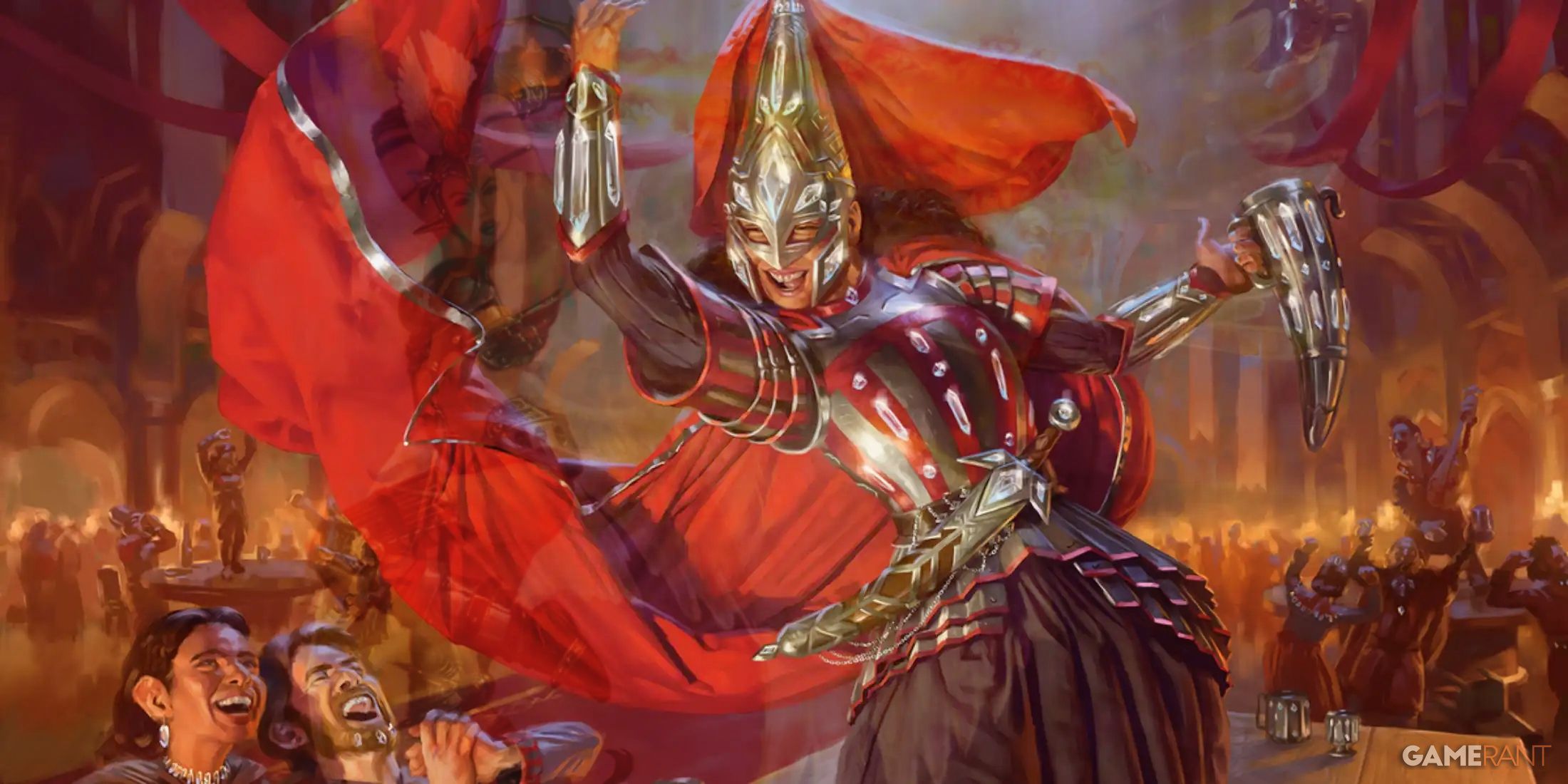
Related
How One Magic: The Gathering Modern Ban May Benefit Commander
Magic: The Gathering’s latest Banned and Restricted post mainly hit Modern as a format, but a side effect may have a positive impact for Commander.
Why Magic: The Gathering May Never Have New Partner Creatures or Companions
Wizards of the Coast hasn’t outright stated that Creatures with the Partner ability or companions will never be printed again, but some issues and statements surrounding them make it unlikely to see more of these cards in future sets. Creatures with Partner can be used with other Creatures with Partner as one’s Commanders, thus breaking a big deckbuilding rule in MTG‘s Commander as well as a potential advantage by reducing by one the 99 cards in the deck. On the other hand, companions have been problematic for various reasons, with five of them being currently banned across MTG‘s formats.
Why Magic: The Gathering’s Partner Creatures Are OP in Commander
The main reason why Creatures with Partner are problematic is not necessarily that players have access to two Commanders in the Command Zone, but rather that two of these Creatures can be combined to give decks a new color identity. For example, some Commander decks in Magic: The Gathering use Silas Renn (Dimir – Blue/Black) combined with Rograkh (Red) to mainly use the former with a Grixis (Blue/Black/Red) identity, thus expanding the cards that can be played in the deck. A Dimir deck would still be great in Commander with cards like Thassa’s Oracle and Demonic Consultation, but Red allows it to also play Underworld Breach, for example.
What follows is that Commander decks can greatly benefit from Creatures with Partners over regular commanders because, while regular commanders may offer unique and powerful abilities, these are offset by the huge advantage of having more colors in the deck’s identity. This can also pave the way for players to use some of the best and rarest Magic: The Gathering cards around, and it’s why new Creatures with Partner may never be printed in the future.
How MTG’s Companions Broke The Game
As for companions, these are cards that players can keep outside of their decks and play when they have enough mana to do so, only after they spend an extra three mana of any color. The original iteration of companions came with Ikoria: Lair of Behemoths, and on release they were placed in the sideboard and could be immediately put into play from there by paying the companion’s mana cost. The current iteration imposes the special action “tax,” which allows players to put the companion in their hand for three mana, which must be spent on top of the card’s mana cost to play it.
This is the fifth out of ten companions to be banned in at least one format, with more of them being looked at even after the special action errata. As it stands, companions are fun cards that pose some limitations to deckbuilding in MTG, but the ability to have access to them “for free” is a big reason why they are often banned. This may also make WotC think twice about adding any more in the future, much like Creatures with Partner.
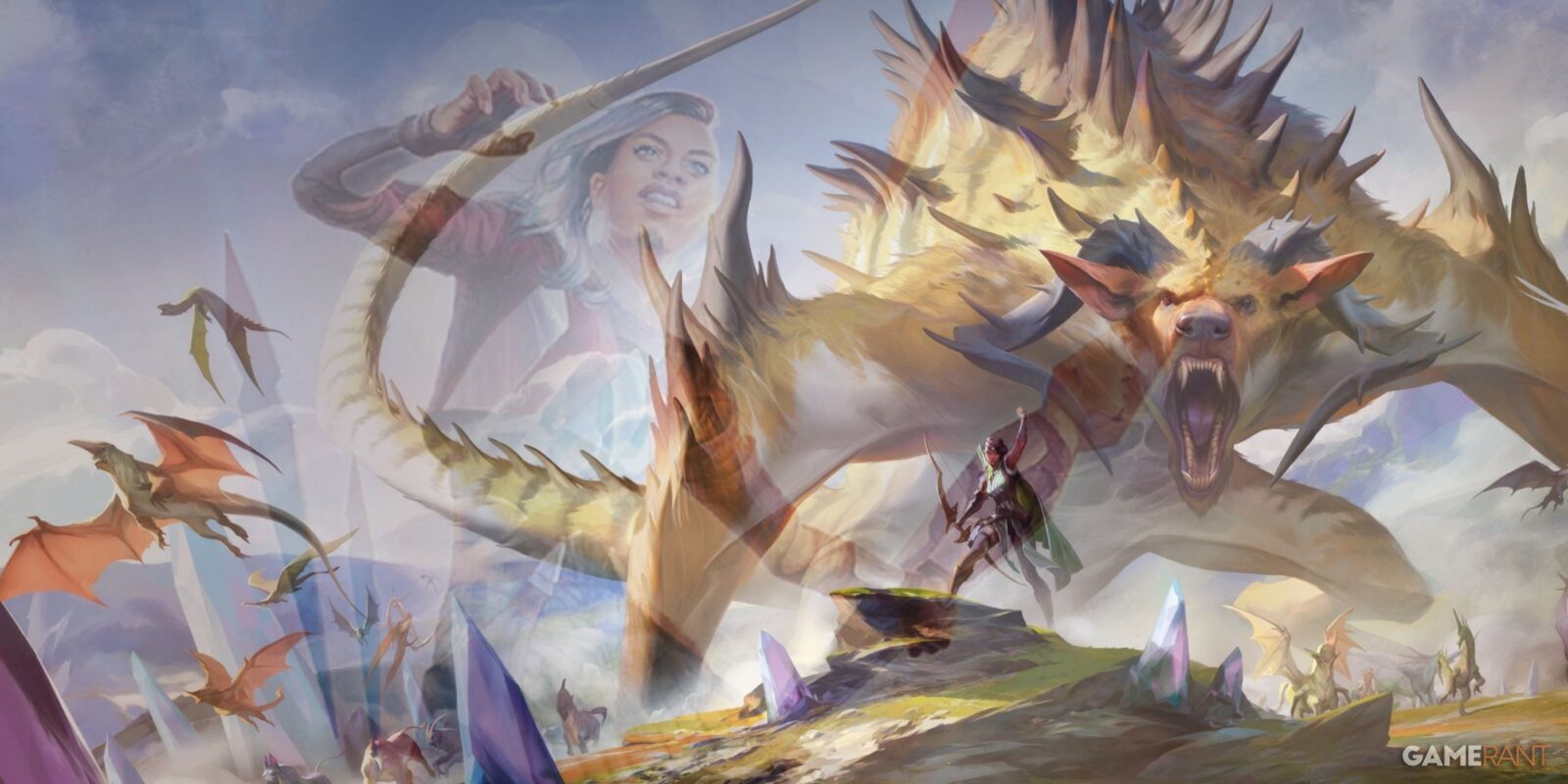

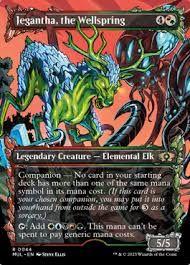
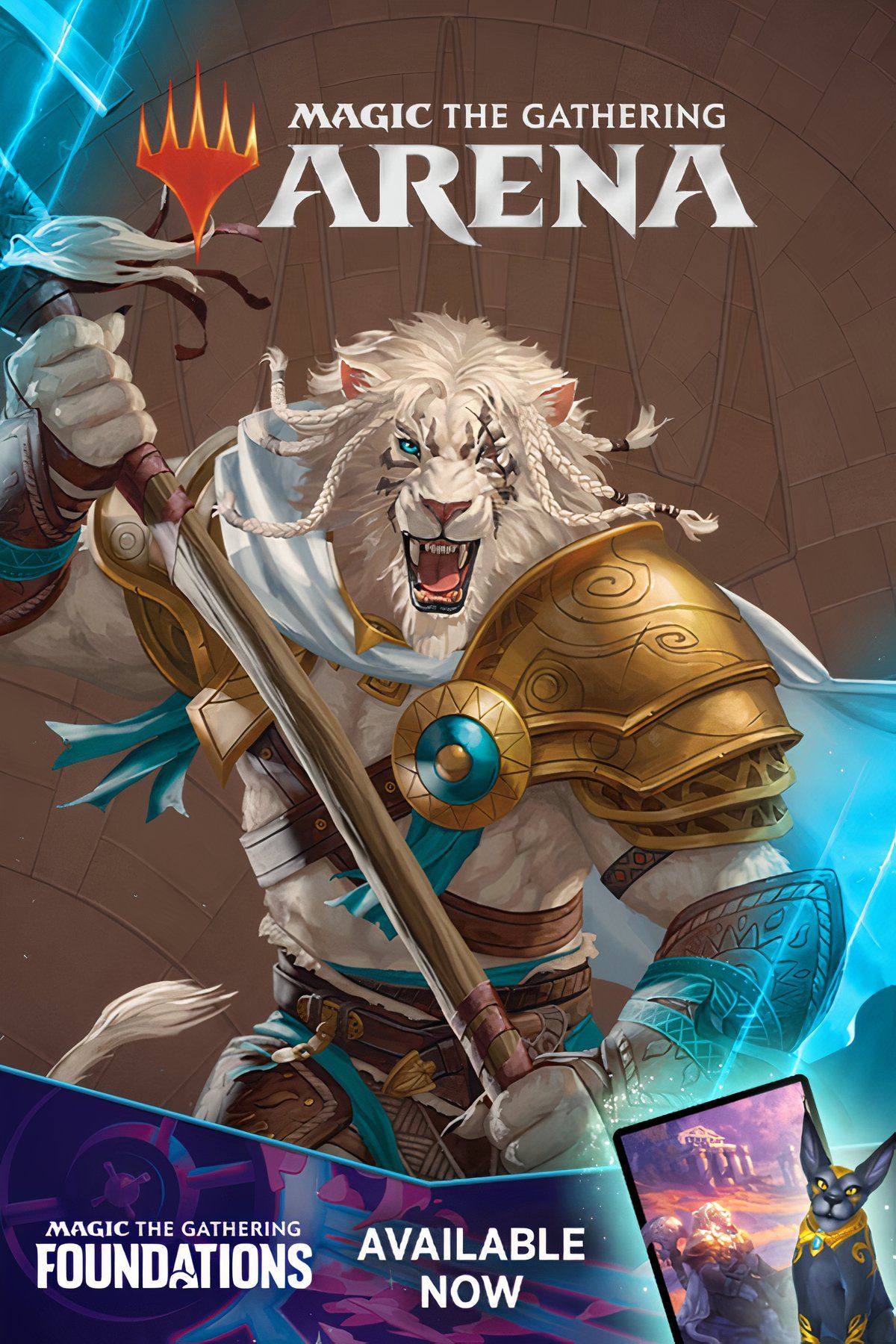





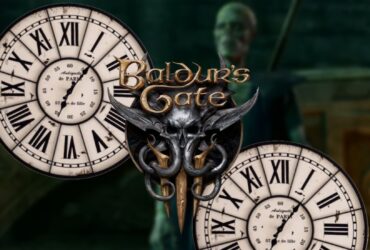


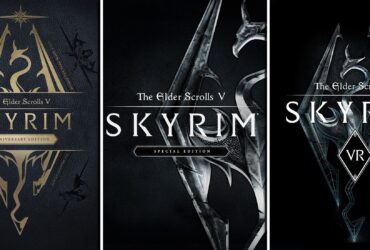
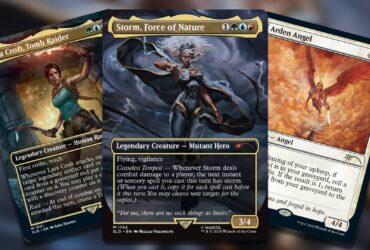

Leave a Reply